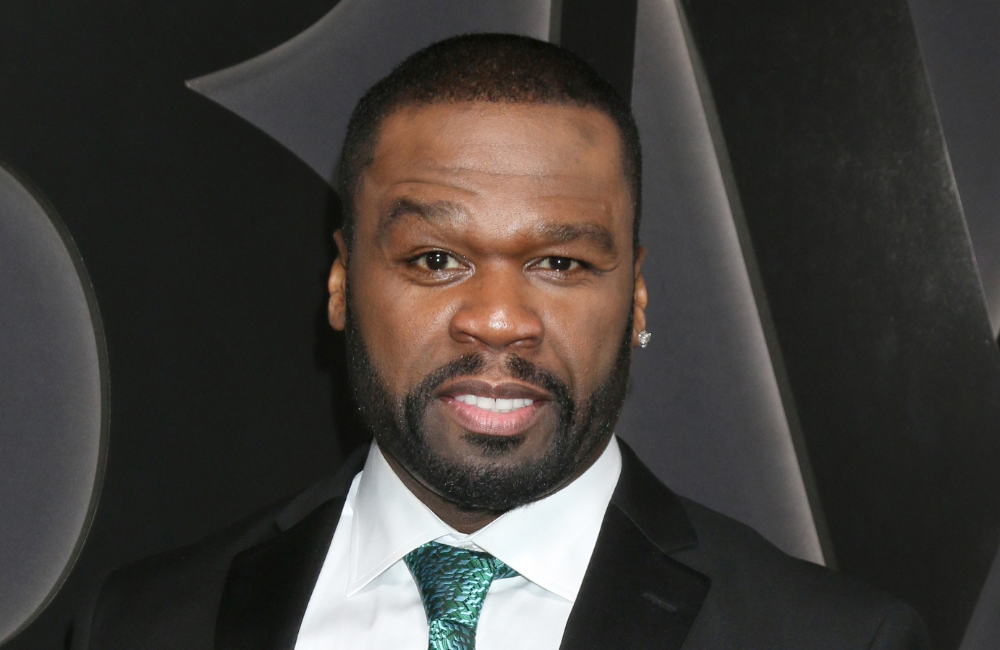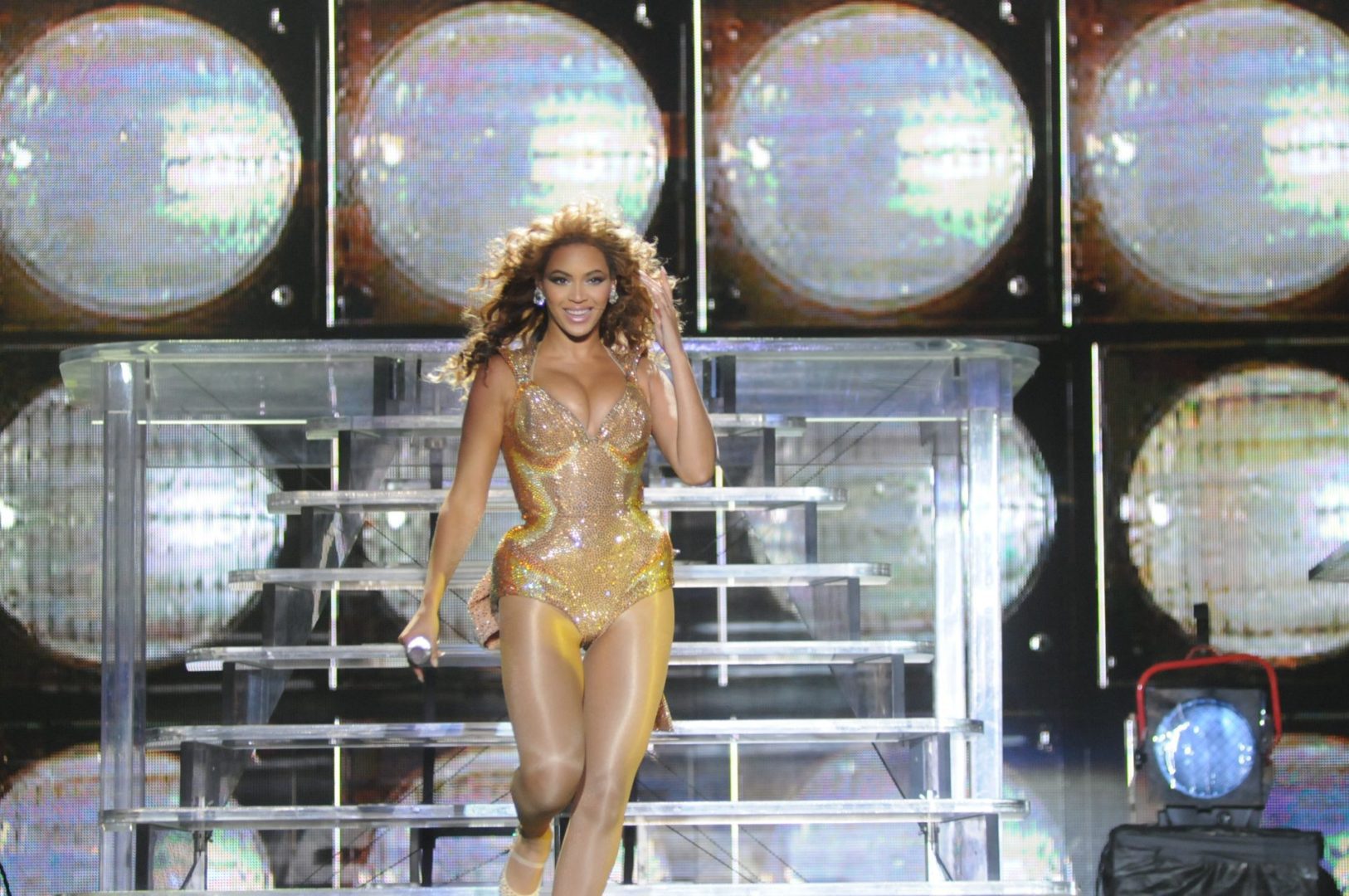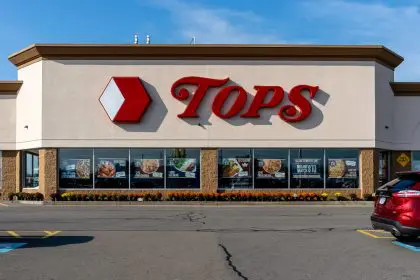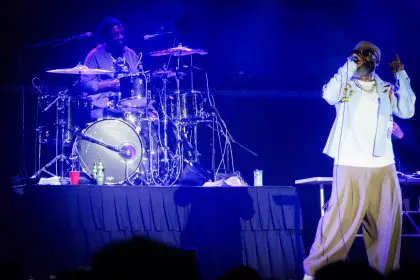The music industry’s complex dynamics were thrown into sharp relief when 50 Cent publicly expressed astonishment regarding Beyoncé’s concert ticket availability. The Grammy-winning rapper shared his reaction to reports that approximately 3,800 tickets remain unsold for the opening night of Beyoncé’s highly anticipated “Cowboy Carter” tour at Los Angeles’ SoFi Stadium on April 28.
Industry insider reaction
In an unexpected development that has music professionals questioning traditional assumptions about superstar drawing power, 50 Cent took to social media with evident surprise. Sharing a screenshot of TMZ’s report on the situation, he expressed shock with an emoji and noted that things were getting real out there, wondering aloud if tickets weren’t selling.
His candid reaction has generated substantial conversation among music enthusiasts and entertainment business insiders. The situation presents a fascinating case study in how even the most established artists may face unexpected market resistance in today’s evolving entertainment landscape.
Tour venues confirmed
Despite these early sales figures, Beyoncé’s “Cowboy Carter” tour maintains an impressive scope. The tour encompasses major stadiums across North America and Europe, demonstrating the artist’s continued confidence in her drawing power despite these early indicators.
The tour schedule includes performances at premier venues:
- Soldier Field in Chicago
- MetLife Stadium in New Jersey
- Mercedes-Benz Stadium in Atlanta
- Five nights at SoFi Stadium in Los Angeles
Economic factors at play
Several potential explanations exist for the unexpected ticket availability. Post-pandemic economic pressures have notably affected consumer spending habits across entertainment sectors. With inflation impacting discretionary income, many fans face difficult decisions about allocating their entertainment budgets.
Ticket pricing considerations have emerged as another significant factor. As ticket prices for major artists continue climbing, the threshold at which fans question value-for-money becomes increasingly relevant. The “Cowboy Carter” tour’s pricing structure may have encountered this resistance point among certain segments of Beyoncé’s fanbase.
Changing consumption patterns
The entertainment industry continues navigating massive shifts in how audiences consume music. The streaming revolution has fundamentally altered relationships between artists and listeners, potentially affecting traditional concert attendance patterns.
Music industry analyst perspectives suggest digital transformation extends beyond just listening habits. Social media’s immediate feedback loop creates unprecedented visibility for sales patterns that previously remained industry knowledge. 50 Cent‘s public commentary exemplifies how quickly such information now spreads among industry figures and audiences alike.
Competitive marketplace
Concert promotion experts note the exceptionally crowded touring schedule as another contributing factor. With numerous high-profile artists simultaneously on tour, audiences face unprecedented options competing for their entertainment dollars.
Venue scheduling strategy may also play a role in the current situation. The decision to stage five consecutive performances at SoFi Stadium potentially dilutes demand across multiple dates rather than concentrating enthusiasm for a single appearance.
Historical context
Industry veterans emphasize that isolated ticket sales snapshots rarely tell a complete story. Tour economics have historically demonstrated remarkable elasticity, with initial slow periods sometimes giving way to surges as performance dates approach.
Beyoncé‘s track record suggests exceptional resilience. Previous tours including the “Renaissance World Tour” and the performances with Jay-Z established impressive benchmarks for tour revenue and attendance figures. This historical context makes the current situation particularly noteworthy.
The complex intersection of artist reputation, economic conditions, and changing consumption habits creates a fascinating window into entertainment industry evolution. As 50 Cent‘s reaction demonstrates, even industry insiders find themselves surprised by emerging patterns that challenge conventional wisdom about superstar drawing power.
Whatever the ultimate outcome for the “Cowboy Carter” tour, this moment exemplifies the music industry’s constant state of transformation. The conversation sparked by 50 Cent’s observations reveals how even seemingly straightforward metrics like ticket sales reflect broader cultural and economic currents reshaping entertainment consumption in today’s evolving landscape.














